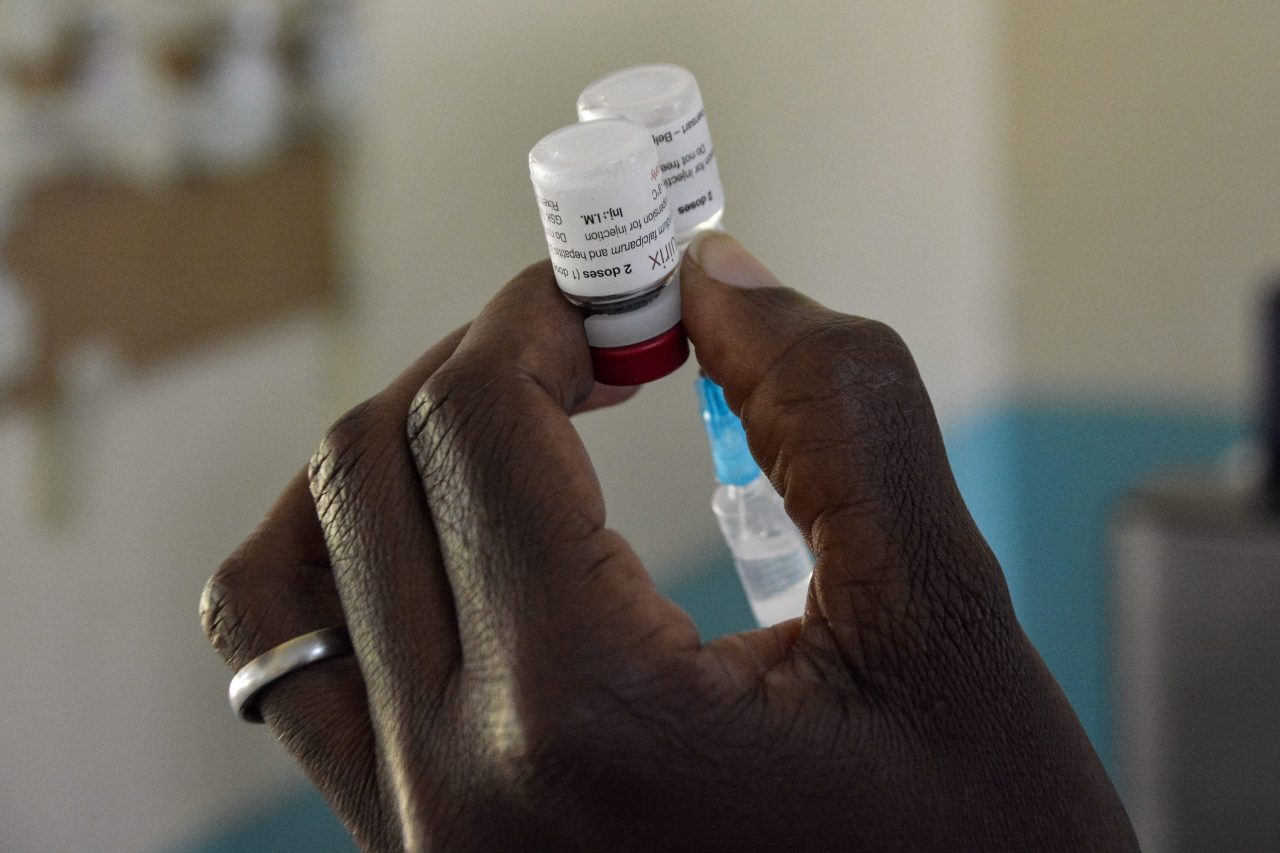
As institute contemplates HIV vaccine for Nigeria
GAVI Alliance has handed over one million doses of the R21/Matrix-M malaria vaccine to Nigeria, marking a significant milestone in the fight against malaria in the country.
The vaccine will be administered to children between the ages of five months and 15 months as part of routine immunization, and each child requires four doses, given at 5, 6, 7, and 15 months of age, to be fully protected.
The first phase of the vaccination will commence next month (November) in Kebbi and Bayelsa, with a high prevalence of malaria.
The introduction will be expanded to other states and integrated into the national routine immunisation schedule, while the second phase will target 19 states and FCT, but the third phase will target the remaining 15 states with both phases scheduled for 2025.
Speaking at the handover ceremony, yesterday, in Abuja, the Executive Director of the National Primary Healthcare Development Agency (NPHCDA), Dr Muyi Aina, said Nigeria was among the top ten contributors to the global burden of malaria, accounting for approximately 27 per cent of the global burden and 31 per cent of malaria deaths, worldwide.
He stated that in 2022, nearly 200,000 deaths from malaria occurred in Nigeria adding that children under five years of age, and pregnant women were the most affected, with a national malaria prevalence rate of 22 per cent in children, aged six to 59 months as of 2021.
Aina explained that the World Health Organisation (WHO) recommended prioritisation of the vaccine in areas of high to moderate transmission, thereby guiding the country’s phased introduction strategy.
He explained that Kebbi had the highest prevalence rate in the country (52 per cent); while Bayelsa was selected because its target population of 69,935, and that of Kebbi’s 162,014, aligns with the one million doses available for this phase, thereby ensuring that the vaccine supply was effectively utilised.
MEANWHILE, the Institute of Human Virology of Nigeria (IHVN) is working to develop an effective HIV vaccine that will work for Nigeria and the whole of West Africa.
The Executive Director of the International Research Center of Excellence (IHVN) at the Institute of Human Virology Nigeria (IHVN), Prof Alash’le Abimiku, who disclosed this during a media parley on IHVN’s 20 years of excellence in public health implementation, capacity building and research, yesterday, in Abuja, noted that the research to identify an effective vaccine for HIV was being funded by the United States Agency for International Development (USAID)
Abimiku, who noted that in the past 30 years, all of the research had focused on getting an effective vaccine for Eastern and Southern Africa without consideration for a specific form of the virus in West Africa, explained that in Nigeria, there are two types: the Subtype G and another one that is a recombinant known as CRF02.
She observed that the Subtype G and CRF02 HIV virus spread across all of West Africa, not just Nigeria, hence the need to take those isolates into consideration so that whatever the institute produced would benefit West Africa.






